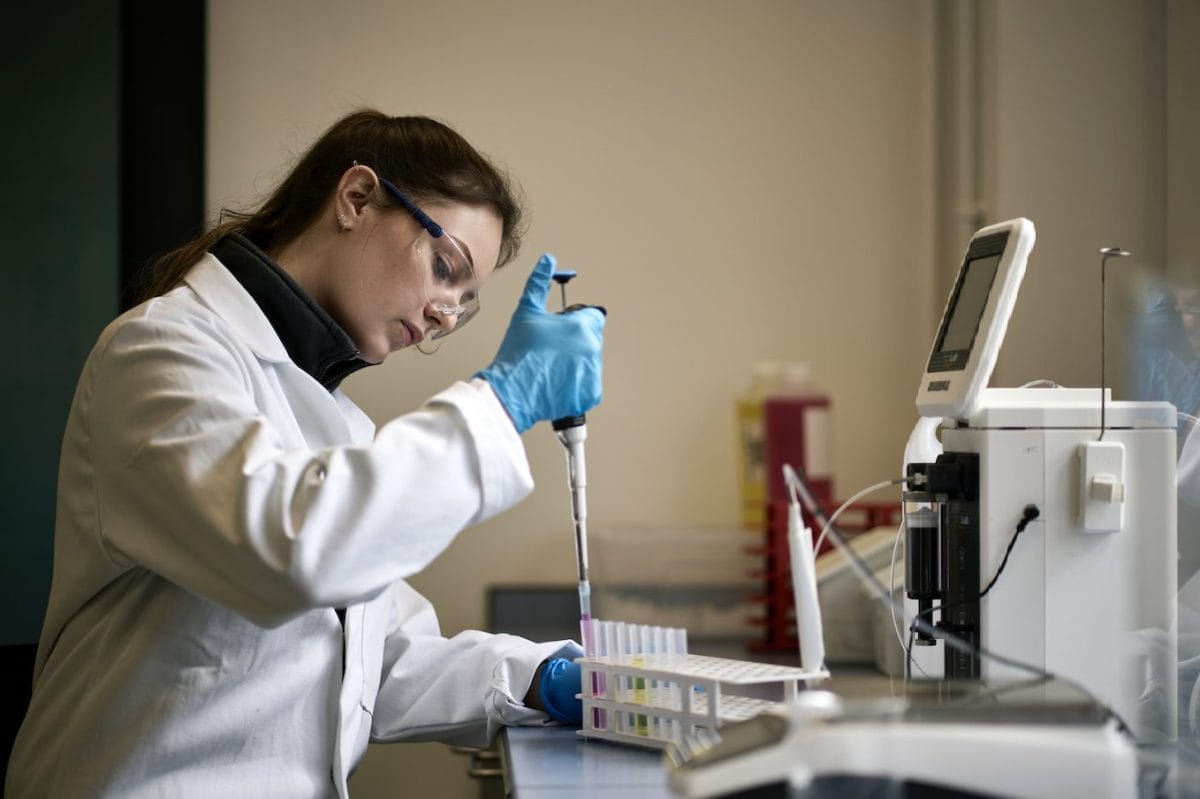UK Government Backs Ionic Technologies To Deliver Circular Technology Projects – Business Eye

Ionic Technologies is set to benefit from further UK government support, as part of Innovate UK’s £15 million CLIMATES funding, which it will use to support key supply chain projects.
The company is working with close supply chain partners in the UK and Europe to deliver on a production project, which enables a European supply of rare earth permanent magnets, manufactured via Ionic Technologies’ patented recycling and separation processes, originating from Queen’s University Belfast.
The Belfast-based business will also work with magnet supply chain to optimise demagnetisation technology for end-of-life magnets from applications such as offshore wind turbines and electric vehicles, a market set to increase significantly in the coming years.
These projects represent significant milestones, as Ionic Technologies seeks to scale up production of the rare earths needed to manufacture renewable energy technologies and drive decarbonisation globally, creating up to 100 new skilled jobs in the process.
Ionic Technologies submitted two successful entries for the funding competition as part of Innovate UK’s ambitious CLIMATES programme. The £15 million government funding allocation is earmarked for cutting-edge research dedicated to strengthening domestic supply chains of critical materials to drive the UK’s net-zero transition and green transport revolution.
The company said the investment will propel Ionic Technologies on its journey to becoming one of the UK’s foremost innovators in magnet recycling and domestic producers of 100% recycled rare earth oxides. Acquired in 2022 by Australian multinational Ionic Rare Earths Limited, the company; a Queen’s University Belfast spinout, has bold ambitions to scale up production through development of a commercial scale plant, which puts Belfast firmly on the map as an emerging UK clean energy hub.
Developing a resilient and reliable supply chain of rare earths is increasingly becoming an issue of national strategic importance as the mining, refining, and recycling of these elements are currently industries dominated by China. Funding from Innovate UK will enable Ionic Technologies to deliver two critical projects to tackle this challenge.
Through partnership with Less Common Metals, a specialist manufacturer of rare earth alloys based in Ellesmere Port, UK, Ionic Technologies will work to develop a traceable circular model supply chain for rare earth magnets, vital to power the future roll-out of electric vehicles. A complimentary development project with the Materials Processing Institute and Swansea University will present Ionic Technologies with safe and efficient methods for demagnetisation of end-of-life magnets, enabling onward recovery of rare earth elements via Ionic Technologies’ patented processes.
Thomas Kelly, Director of Operations at Ionic Technologies, welcomed the good news. He commented: “We are delighted that the UK government has once again backed Ionic Technologies, by selecting our projects for CLIMATES funding via Innovate UK. Innovate UK’s funding and support will be invaluable in growing our production capability, working with key magnet supply chain partners and creating up to 100 new jobs in Belfast. We are excited to work with similarly purpose-driven and innovative partners to deliver these projects.
“At our Belfast base we are demonstrating that our patented process can establish sustainable, sovereign, and secure rare earth supply chains by recycling end-of-life magnets, creating an opportunity for the UK to export these strategic raw materials globally. We are proud that an indigenous tech business has the capability to deliver certainty for the UK over future supply of rare earths.”
Related
Why investing in women is a vital next step for…
Get Nadine White's Race Report newsletter for a fresh perspective on the week's newsGet our free newsletter from The Independent's Race CorrespondentGet our fre
Business secretary signals major shift on electric car policy to…
In a determined effort to retain Nissan’s manufacturing presence in Britain, Business Secretary Jonathan Reynolds has vowed to implement “substantial c
Joint Statement: Business Secretary and Fujitsu Services Ltd
Business and Trade Secretary Jonathan Reynolds today (Friday 7 March) met chiefs for Fujitsu in Tokyo to begin talks over the cost of redress for victims of th
UK foreign secretary backs multilateral defence funding for Europe
UK foreign secretary David Lammy has said that a new multilateral fund will be needed to secure Europe’s defence as he confirmed that Britain is “open to”













